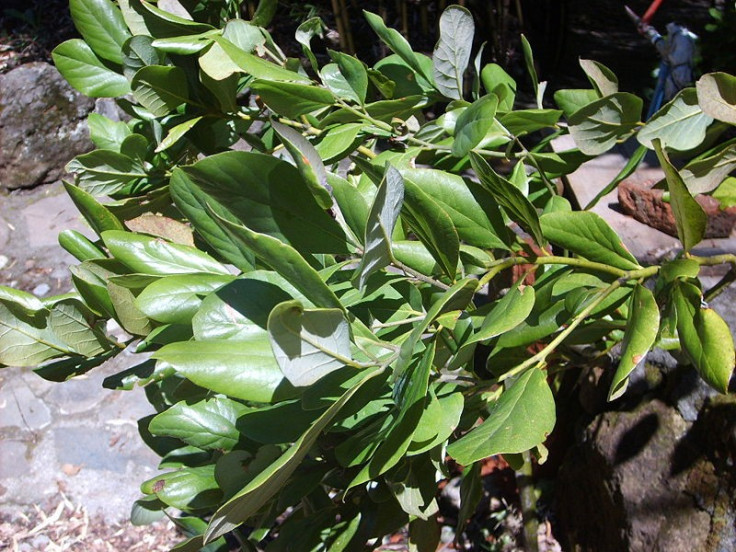High temperatures allowed for exotic plants to be grown in UK
Gardeners have reportedly been able to grow exotic plants like figs, watermelons and avocadoes.
As the scorching heat has given UK record-breaking hot and dry weather this summer, gardeners have reportedly been able to grow exotic plants like figs, watermelons and avocadoes.
Gardeners have shared with BBC News that Mediterranean and sub-tropical plants have been thriving in recent years. It's now the traditional British garden varieties that are struggling to bloom with this change in temperature.
With increased temperature also comes the threat of inadequate irrigation for plants if this trend persists. In fact, The Royal Horticultural Society (RHS) predicts that the UK is set to experience wetter winters and warmer, drier summers with greater variability in rainfall.
The ongoing warming has been linked to human-induced climate change. According to the Met Office, the UK is warming slightly faster than the average pace of global temperature increase,
Russell Watkins of the Royal Horticulture Society recalls his experience 17 years ago when he first grew plants standard to the UK, a mix of hardy shrubs and perennials.
"We have all pushed the boundaries of what we can grow," he said, referring to the huge tropical-looking foliage of the rice paper plant, saying, "a few years ago, it wouldn't have survived."
The head of the Met Office National Climate Information Centre says that the higher temperatures due to climate change are more closely felt by those further north. This can be seen in hardy bananas, dahlias, and some species of ginger that are able to survive winters after being able to thrive in the "long spells of sunny weather that we have had this year."
The heat island effect experienced by cities has also seen a boost in growth in exotic fruits. The heat island effect is observed when plants in the city experience much warmer temperatures than nearby rural areas due to infrastructure.
While this newfound ability to grow various tropical plants in the city can be exciting, experts are also warning that a continuation of hot, dry summers like the one seen this year will pose water shortage problems that negatively impact crops as all plants need water to grow and flourish.
Chris Atkinson, a plant scientist from the Natural Resources Institute, University of Greenwich explains, "Long summers may well be initially warmly welcomed in the UK, and provide an exciting opportunity for growing new exotic food crops."

© Copyright IBTimes 2025. All rights reserved.






















